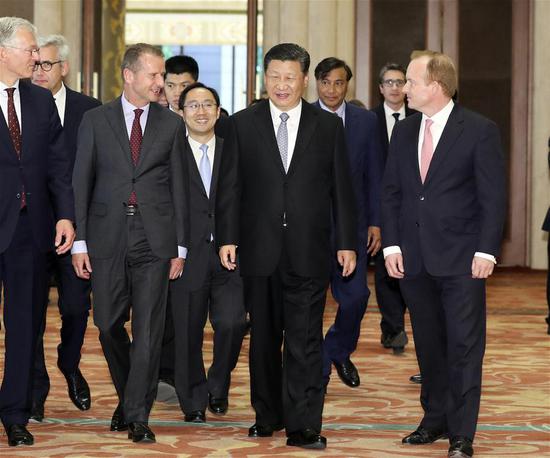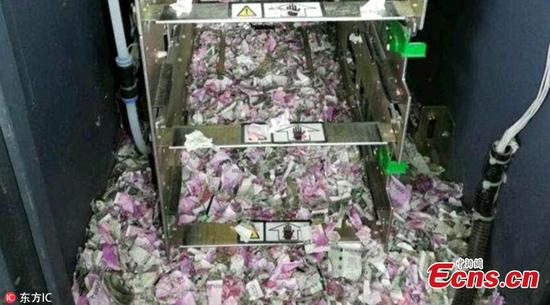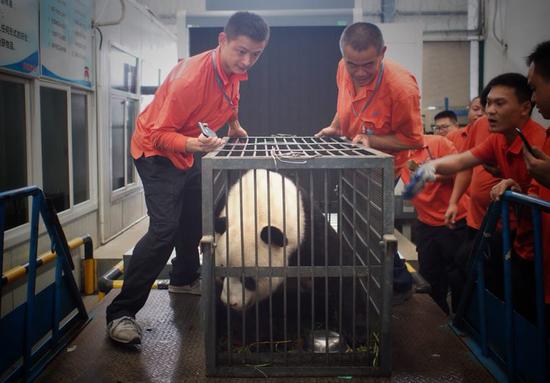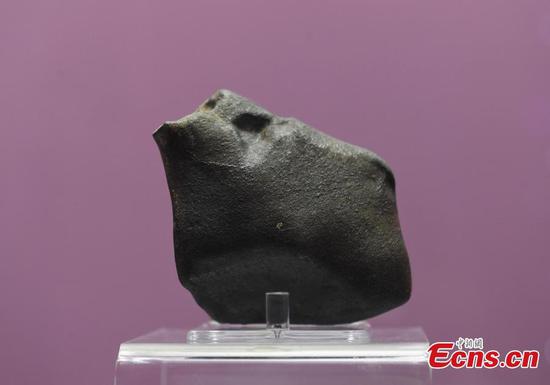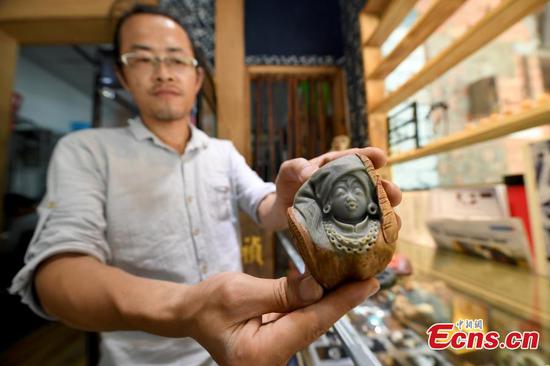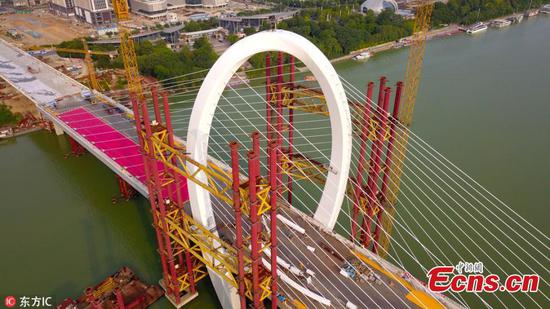Sino-British ties strengthening ahead of UK's European departure
On Thursday, June 23, 2016, the day of the referendum on Britain's membership of the European Union, parts of London were hit by a huge storm.
Thunder, torrential rain, and lightning strikes saw the London Fire Brigade receive an entire day's worth of calls in 90 minutes. Roads were flooded and there was transport chaos. But the next day, people woke up to something even more shocking.
Out of the 72 percent of eligible voters who turned out to take part in the referendum nationwide, a slim majority - 51.9 percent - had voted to leave the trading bloc. London, by contrast, had voted 60 percent in favor of remaining in the EU. The process known as Brexit had begun.
Fast forward two years and the outlook remains unsettled. Then-prime minister David Cameron, the man who called the referendum, resigned as soon as its result became clear. His successor, Theresa May, who as home secretary had made a speech in April 2016 in which she said "remaining inside the European Union does make us more secure, it does make us more prosperous, and it does make us more influential beyond our shores", had inherited the task of overseeing Britain's departure from the EU, which is scheduled for the end of March 2019. This is proving to be a spectacularly complex process.
The pronouncement of International Trade Secretary Liam Fox that Britain's post-Brexit free-trade deal with the EU would be the "easiest in human history" has proved to be anything but, and given the uncertainty over what divorce terms Britain will manage to secure, many international companies seem to be erring on the side of caution and drawing up plans to relocate from the UK to mainland Europe.
Frankfurt, home of Germany's financial sector, seems to be benefiting, and in April The Independent newspaper quoted Tarek al-Wazir, the economy minister for the state of Hesse, where the city is situated, as saying "we've got 18 entities that have committed". He was confident more would follow.
Morgan Stanley has confirmed it is moving up to 10 percent of its United Kingdom workforce, and Goldman Sachs has also shown signs of having itchy feet, gradually increasing its presence in mainland Europe.
Given the uncertainty that surrounds Britain's future relationship with its nearest neighbors, and the unpredictable behavior of its previous best friend, the United States, the country is casting its eyes around for new trading partners and friends for the coming years. And few nations look quite as attractive as China.
Fortunately for Britain, the cultivation of this relationship is not beginning from a standing start. Long before Brexit was a reality, President Xi Jinping had already made a high-profile trip to the UK and met Cameron, ushering in what is known as the "golden era" of Sino-British relations. And, early this year, May visited China to strengthen those ties.
On the face of it, Britain would seem to be in a strong position. Xinhua News Agency this year reported that Britain is China's second-largest trading partner within the EU, and that China is the UK's second-largest non-EU trading partner.
Trade between the two countries rose in 2017 to $79 billion, an increase of almost 6.2 percent on the previous year. And British exports to China went up 19.4 percent.
Tony Samuels, a lawyer and notary public with Howard Kennedy LLP in the City of London financial district, has worked closely with many of China's leading financial institutions.
He said that, despite the challenges posed by the uncertainty surrounding Brexit, London has always held a special allure for Chinese individuals and companies, and he expects this relationship to flourish in the years to come.
"London has always been very attractive," he said. "Pre-Brexit they were buying up lots of residential and residential block developments. For example, the area around the American embassy in Vauxhall was being consumed by the Chinese very quickly. They're still buying now, but not in such big numbers.
"That's because the Chinese are being wary. They don't plan five or 10 years ahead like some countries. With China, it's 20 or 30 years. It's all about capital appreciation - they're in it for the long term, so they'll come to London to buy serious sites for serious money and stay for the long term."





























